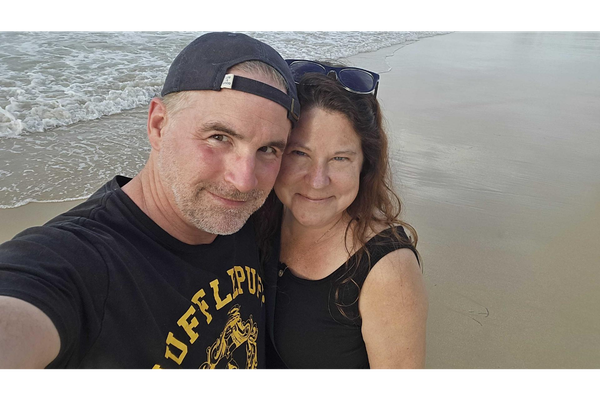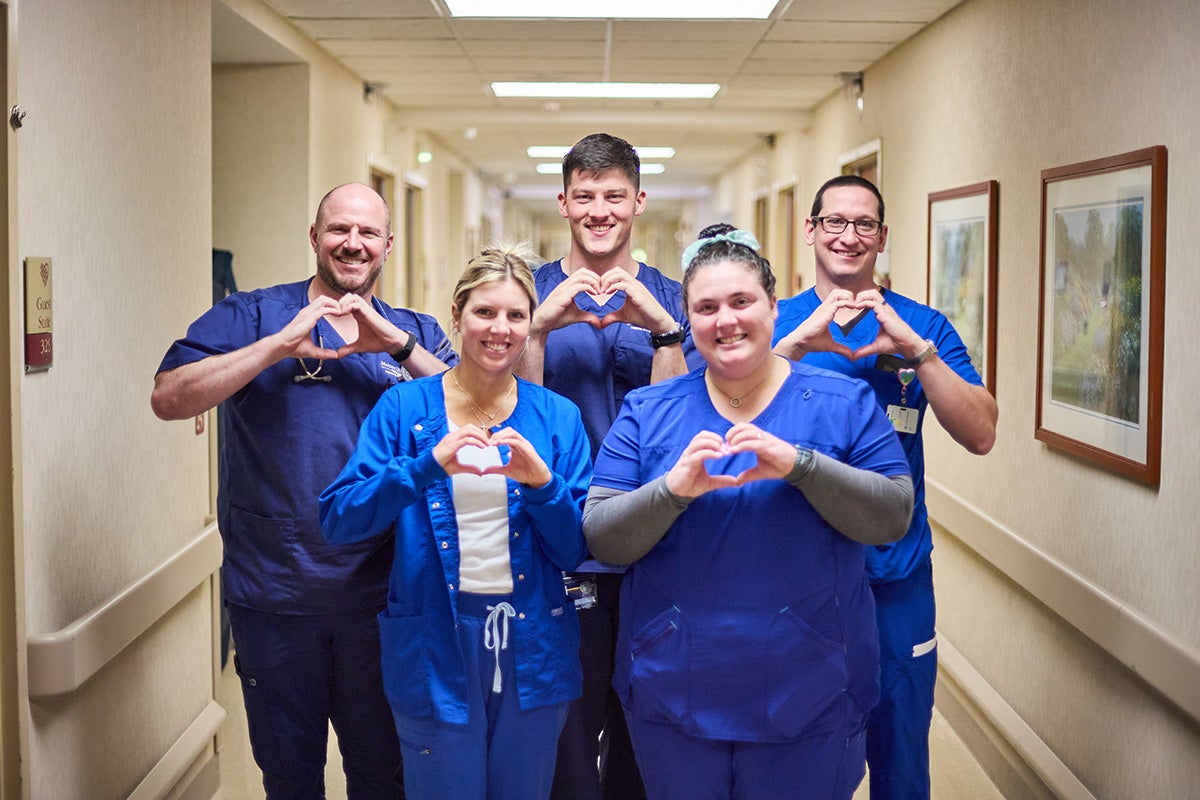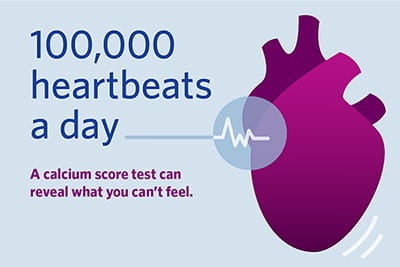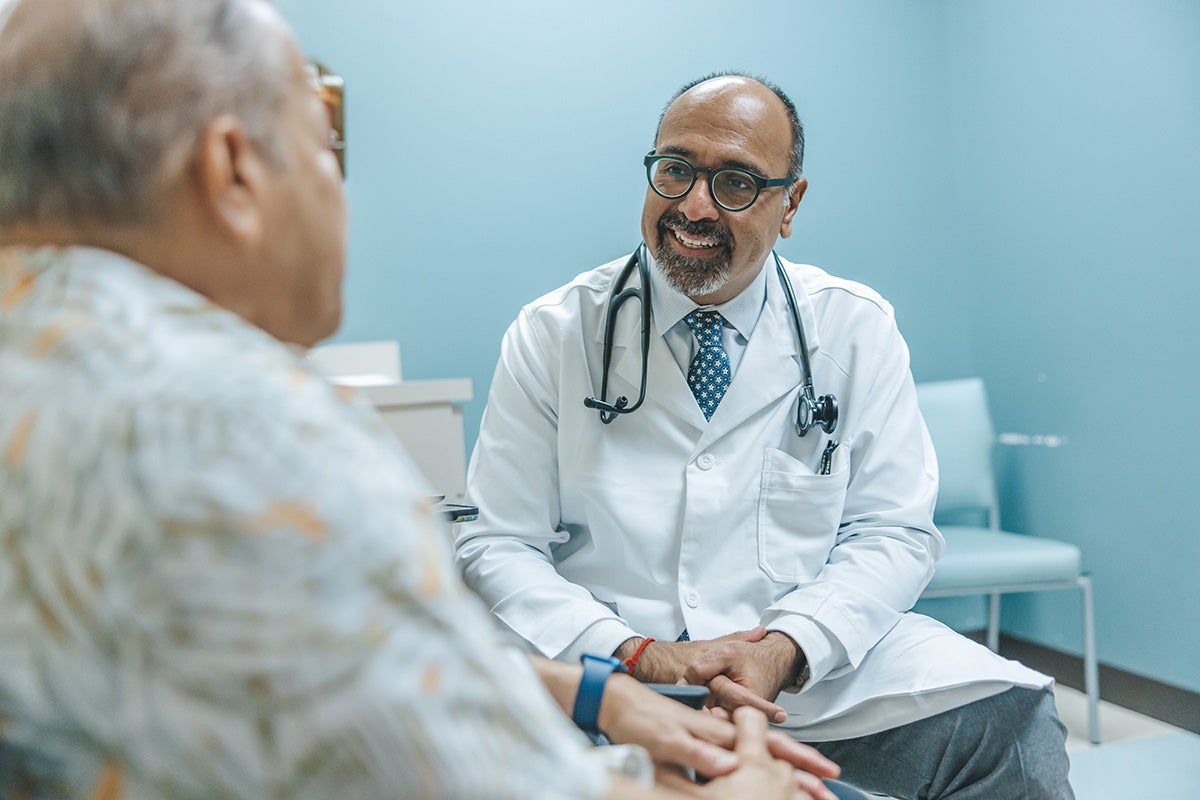
Mother of three shares her cervical cancer journey
February 16, 2026
An Indianapolis mother of three shares a message of hope while undergoing cervical cancer treatment at Ascension St. Vincent.
From heart screenings to surgery – Ascension St. Vincent is a leader in Indiana heart care.


From heart screenings to surgery – Ascension St. Vincent is a leader in Indiana heart care.
Ascension St. Vincent is leading the way in heart and vascular care in Indiana, providing advanced care for a full range of heart conditions. From preventive screenings to life-saving treatments, our specialists use the latest technology and personalized care plans to help you achieve better heart health.
A heart scan is a quick, painless way to detect early signs of heart disease before symptoms appear.

The symptoms of an aneurysm may look like other health conditions or problems. Some aneurysms can cause pain in the abdomen, chest, lower back, or groin area. The pain may be severe pain in the back of the abdomen may mean the aneurysm is about to burst. You may also experience a pulsing feeling, like a heartbeat, in the abdomen. Other symptoms may include severe headache, nausea, vomiting, visual disturbance and loss of consciousness.
If you're feeling the symptoms of a heart attack, such as chest discomfort, shortness of breath, lightheadedness, nausea, or pain in the neck, jaw or arms, call 911 or go to the nearest emergency room immediately.
A pulmonary embolism (PE) is a blood clot that develops in a blood vessel in the body (often in the leg). It then travels to a lung artery, where it suddenly blocks blood flow.
Common symptoms include:
A stroke can result if the narrowing of the carotid arteries is severe enough that blood flow is blocked. It can block blood flow to the brain if a piece of plaque breaks off.
It’s important to remember the signs of a stroke with the acronym “B.E. F.A.S.T.”
If you are experiencing a life-threatening emergency, go directly to the ER or call 911.

If you are looking for a cardiologist or a second opinion on a diagnosis or your care plan, we can help. You’ll find that managing long-term and chronic heart care needs is easier with a team ready to support you.
When you are facing a new diagnosis or are deciding on a surgical or therapeutic treatment plan, there’s a lot to think about. If you are looking for a second opinion for advanced heart care, our cardiologists can also connect you with the right specialists for minimally invasive surgery, including TAVR. Our heart and vascular specialists can provide a second opinion, based on our experience and as part of a national care team.
Before your appointment, check with your insurance company to find out if a second opinion is covered. We can request your medical records on your behalf, so that they can be shared with your care team before your arrival.
If you are experiencing a life-threatening emergency, go directly to the ER or call 911.
All registered marks are property of their respective owners. All rights reserved.